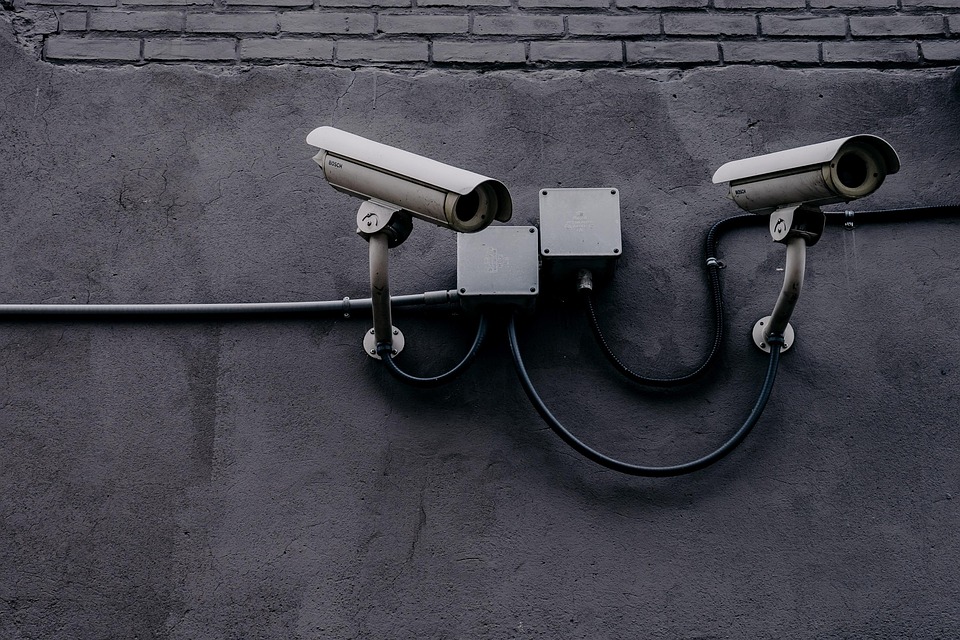Cryptocurrency security is not just a buzzword—it’s your lifeline in the digital financial landscape. Whether you’re an experienced trader or just dipping your toes into the crypto waters, understanding how to protect your assets is critical. With cyber threats lurking at every corner, it’s time to arm yourself with knowledge. Let’s dive into seven essential tips for stronger crypto security today!
Contents
What Is Crypto Security?
Crypto security involves a set of practices and tools designed to protect your digital assets from theft, fraud, and other malicious activities. As cryptocurrencies become increasingly popular, so do the threats targeting them. Your hard-earned investments deserve the highest level of protection. So, why does this matter? Because every moment you spend unprotected is a moment you’re at risk.
The Growing Threat Landscape
The rise of cryptocurrencies has attracted both innovators and criminals. Phishing attacks, hacking attempts, and scams are rampant. According to the latest reports, millions are lost each year due to inadequate security measures. If you think you’re safe because you’ve invested in a reputable platform, think again. The onus is on you to ensure your crypto security.
1. Use a Hardware Wallet
If you’re serious about your crypto investments, a hardware wallet is non-negotiable. Unlike software wallets, which are vulnerable to online attacks, hardware wallets store your private keys offline.
- Benefits:
- Added Layer of Security: Offline storage means reduced risk of hacking.
- User Control: You control your private keys, which means you hold the power over your assets.
Consider investing in reputable brands like Ledger or Trezor for reliable options.
2. Enable Two-Factor Authentication (2FA)
Two-factor authentication adds another layer of protection. It requires not only your password but also a second form of identification—like a text message code or an authentication app.
- Why You Need It:
- Double Defense: Even if an attacker gets your password, they still need that second factor.
- Peace of Mind: Knowing you’ve added this layer can help you sleep better at night.
Platforms like Google Authenticator or Authy can help you set this up quickly.
3. Keep Your Software Updated
Whether it’s your wallet app or your operating system, keeping software updated is crucial. Updates often contain patches for security vulnerabilities that hackers may exploit.
- Stay Ahead of Threats:
- Automatic Updates: Enable them if possible. This way, you won’t forget to update manually.
- Check Regularly: Even if you have auto-updates on, make it a habit to check for updates periodically.
4. Be Wary of Phishing Scams
Phishing scams are one of the most common tactics used by cybercriminals. They often come in the form of emails or messages that look legitimate but are designed to steal your sensitive information.
- How to Spot Them:
- Check the URL: Always verify links. A slight misspelling can indicate a scam.
- Look for Red Flags: Generic greetings, poor grammar, or urgent calls to action can signal a phishing attempt.
Educate yourself on how to recognize these scams. The more aware you are, the better you can protect yourself.
5. Use Strong, Unique Passwords
Creating strong, unique passwords for your crypto accounts is essential. Avoid using easily guessable information like birthdays or common words.
- Password Tips:
- Length and Complexity: Aim for 12-16 characters, mixing letters, numbers, and symbols.
- Password Managers: Consider using a password manager like LastPass or 1Password to generate and store complex passwords securely.
6. Maintain Backup of Your Wallet
Imagine losing access to your wallet. It’s a nightmare scenario, but it can happen. Always maintain a secure backup of your wallet and its recovery phrase.
- Backup Strategies:
- Physical Copies: Write down your recovery phrase and store it in a safe place, like a safe deposit box.
- Encrypted Digital Copies: You could also store backups in encrypted files on a secure USB drive.
7. Stay Informed and Educated
The world of crypto is ever-changing. Staying informed about the latest security threats and best practices is crucial for protecting your investments.
- Resources for Learning:
- Online Courses: Websites like Coursera and Udemy offer courses on cryptocurrency security.
- Join Communities: Engage with online forums and social media groups focused on crypto. The more knowledge you gain, the more secure you can be.
Bottom Line
Stronger crypto security is not just a set of tips; it’s a commitment to protecting your financial future. By implementing these strategies, you’re not only safeguarding your investments but also empowering yourself in an ever-evolving digital landscape.
So, take control of your crypto journey! Start by investing in a hardware wallet, enabling 2FA, and educating yourself about the risks.
FAQ
Q: What is a hardware wallet?
A: A hardware wallet is a physical device that securely stores your private keys offline, making it less vulnerable to hacking.
Q: How can I recognize phishing emails?
A: Look for generic greetings, poor grammar, and suspicious links. Always verify the URL before clicking.
Q: Why is 2FA important?
A: Two-factor authentication adds an additional layer of security by requiring a second form of identification besides your password.
Your crypto security journey starts now. Don’t wait for a breach to take action—embrace these tips today, and protect what’s yours!








